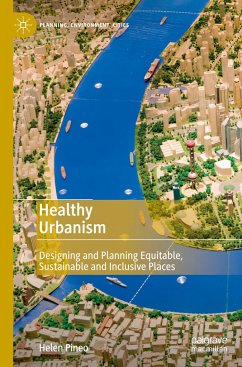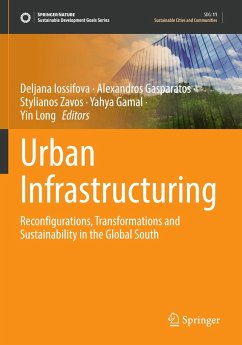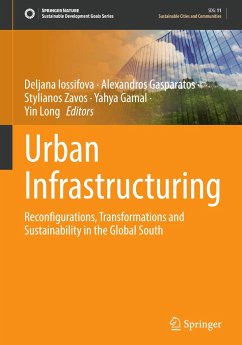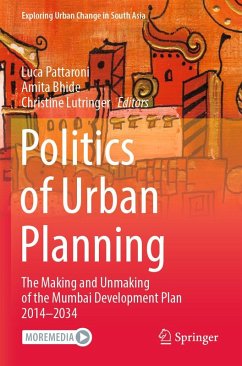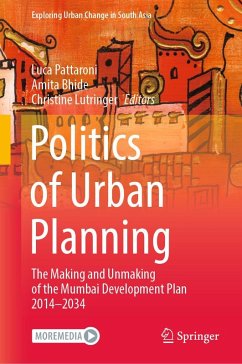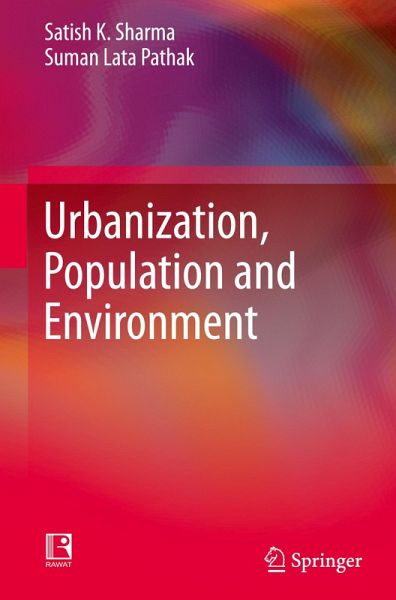
Urbanization, Population and Environment

PAYBACK Punkte
49 °P sammeln!
The volume explores the intricate relationship between urbanization, population dynamics, and the environment in the western Himalayas from a historical perspective. It challenges the conventional link that urban development is solely tied to population growth, unveiling the influence of political and economic elites. Through empirical analysis within a historical context, the study unveils the significance of cantonment towns, military consolidation, and legislative control in driving urban growth. While it leads to population surges, economic activities, and improvements in transportation an...
The volume explores the intricate relationship between urbanization, population dynamics, and the environment in the western Himalayas from a historical perspective. It challenges the conventional link that urban development is solely tied to population growth, unveiling the influence of political and economic elites. Through empirical analysis within a historical context, the study unveils the significance of cantonment towns, military consolidation, and legislative control in driving urban growth. While it leads to population surges, economic activities, and improvements in transportation and communication, it also exposes adverse effects like the overuse of forest resources, disrupting the balance between humans and nature, and leading to ecological imbalances and fatalities. This volume opens new avenues for research on rivers, biodiversity, geopolitics, socio-cultural aspects, and the economy but also offers valuable insights for national and international academia.






